The Orlando shooting wasn't organized terrorism. It was mass murder. There's a difference.
Here's the key distinction that everyone misses about the deadliest shooting in U.S. history
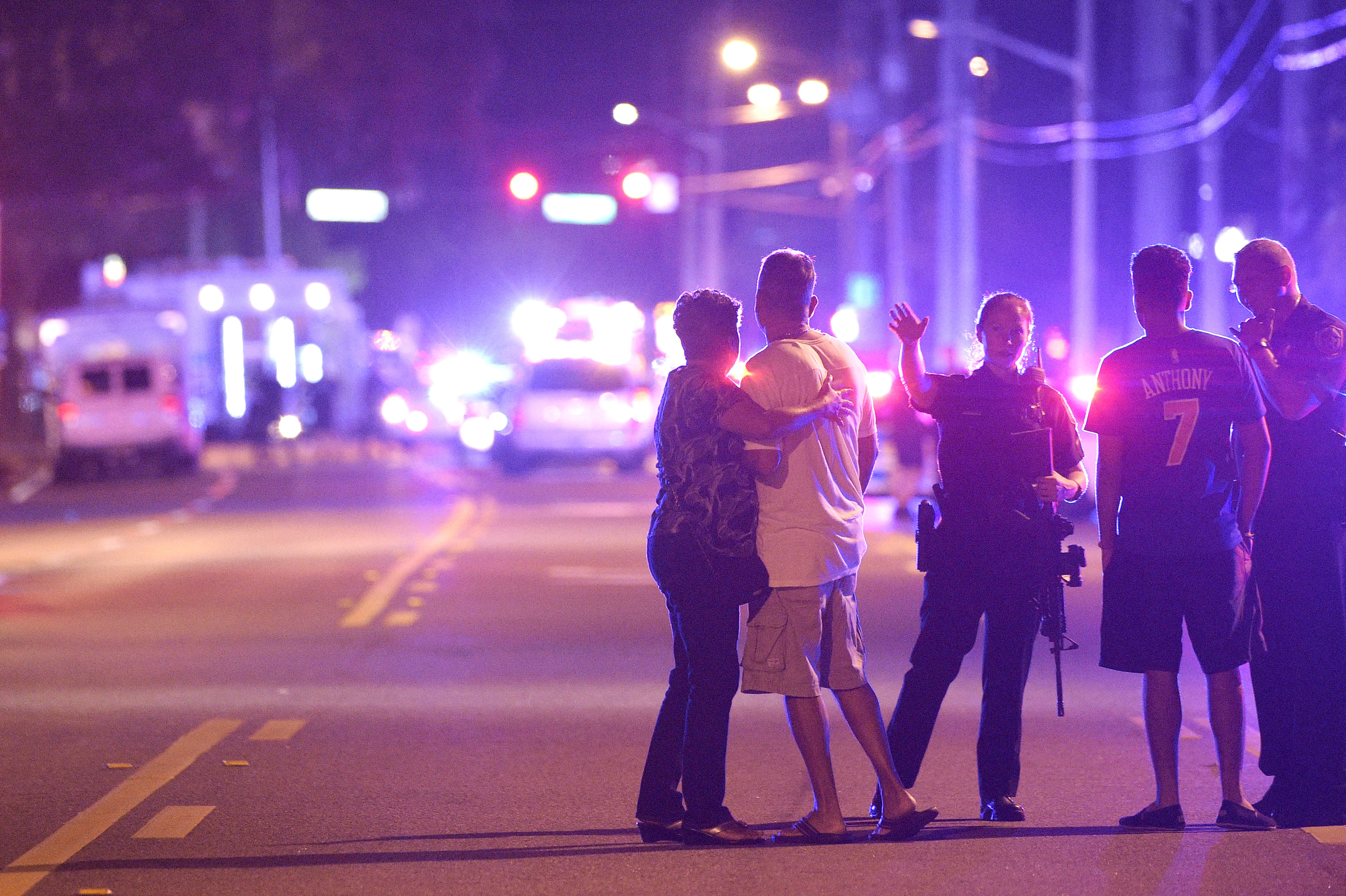

Dozens of people being systematically shot to death: It's as American as apple pie.
More so, in fact. Apples come from Asia and were first baked into pies centuries ago in Europe. But outside of failed states and active war zones, only America experiences these sort of mass shootings with such clockwork regularity. Our number was up yet again in Orlando, Florida, last weekend, when a man entered a gay nightclub and shot 102 people, killing 49 of them.
Conservative pundits and politicians jumped to their usual position and pinned the blame on Islam. It's little more than the usual anti-Muslim bigotry — but it also illustrates a key tactical distinction that is often overlooked at times like these. When confronted with an incident of political violence, it's critical to recognize whether it is organized or the result of a single unbalanced person — because it will call for a different response.
Subscribe to The Week
Escape your echo chamber. Get the facts behind the news, plus analysis from multiple perspectives.

Sign up for The Week's Free Newsletters
From our morning news briefing to a weekly Good News Newsletter, get the best of The Week delivered directly to your inbox.
From our morning news briefing to a weekly Good News Newsletter, get the best of The Week delivered directly to your inbox.
It is true that the killer was apparently Muslim, and in a 911 call before he was killed by police pledged allegiance to ISIS. If we call this terrorism then it was the worst such incident on American soil since 9/11.
However, another picture emerges from different details of his life. He had a young son, and wanted to be a police officer, even posing in NYPD shirts on his Myspace page. His ex-wife (they divorced in 2011), who described abuse at his hands, said in an interview that he was "mentally unstable and mentally ill," and not particularly religious. Others described a man with extreme anger problems and overt bigotry towards all manner of people.
Now, it would be equally unjust to pin the blame for the shooting on, say, New York cops. One of the more macabre parts of the post-mass shooting ritual is the breathless rooting through the culprit's biography for hints of the characteristics of one's political enemies. It's also a gross error to blame the mentally ill in general.
But when it comes to preventing this type of mass murder, these personal details are important in what they signal about the level of organization behind this attack. This was pretty clearly one person without any real institutional backing. Whatever the Islamic State's opportunistic claims of responsibility, it was one guy with weapons, ammunition, and body armor obtained legally.
Compare that to 9/11, where a highly organized team, trained in foreign camps and funded by a secret organization, exploited a security loophole in both airport checkpoints and the cultural expectation for how hijackings were supposed to work.
Considered so, it's obvious that two different kinds of attacks require a different response. After 9/11, federal authorities needed to upgrade airport security, passengers had to change how they thought about hijackings, and the government had to take some sort of action against al Qaeda. Some of those actions were completed before the end of the day, others were attempted but bungled, and others were a disastrous failure, but that a wise response would have included some of each of these things is indisputable.
A single person driven to commit an act of mass violence, even if he was radicalized by ISIS propaganda, presents a very different sort of problem. No use of force overseas can stop someone from developing radical views — Anwar al-Awlaki was killed by a drone strike almost five years ago, but it's impossible to scrub his videos from the internet. No change in security protocols can stop the formation of crowds.
For an example of the worst type of response, look no further than the presumptive Republican nominee for president, Donald Trump. He quickly blamed the incident on Islam, invoked it as support for his proposal to ban Muslims from entering the country, and said "we really have to increase the bombings." This wouldn't be an appropriate response after a classic terrorist attack — but it's especially inappropriate now.
What is actually needed is to make it more difficult to get the most lethal armaments and ammunition, access to quality mental health care for everyone, and quality police work to find people plotting an attack before it happens. The avoidance of collective punishment, state repression, or bigotry is of critical importance here, since the best intelligence always comes from people close to a potential plotter.
Or, if we wanted to play into ISIS's hands as much as possible, we'd elect Donald Trump.
Sign up for Today's Best Articles in your inbox
A free daily email with the biggest news stories of the day – and the best features from TheWeek.com
Ryan Cooper is a national correspondent at TheWeek.com. His work has appeared in the Washington Monthly, The New Republic, and the Washington Post.
-
 May 31 editorial cartoons
May 31 editorial cartoonsCartoons Saturday's political cartoons include how much to pay for a pardon, medical advice from a brain worm, and a simple solution to the national debt.
-
 5 costly cartoons about the national debt
5 costly cartoons about the national debtCartoons Political cartoonists take on the USA's financial hole, rare bipartisan agreement, and Donald Trump and Mike Johnson.
-
 Green goddess salad recipe
Green goddess salad recipeThe Week Recommends Avocado can be the creamy star of the show in this fresh, sharp salad
-
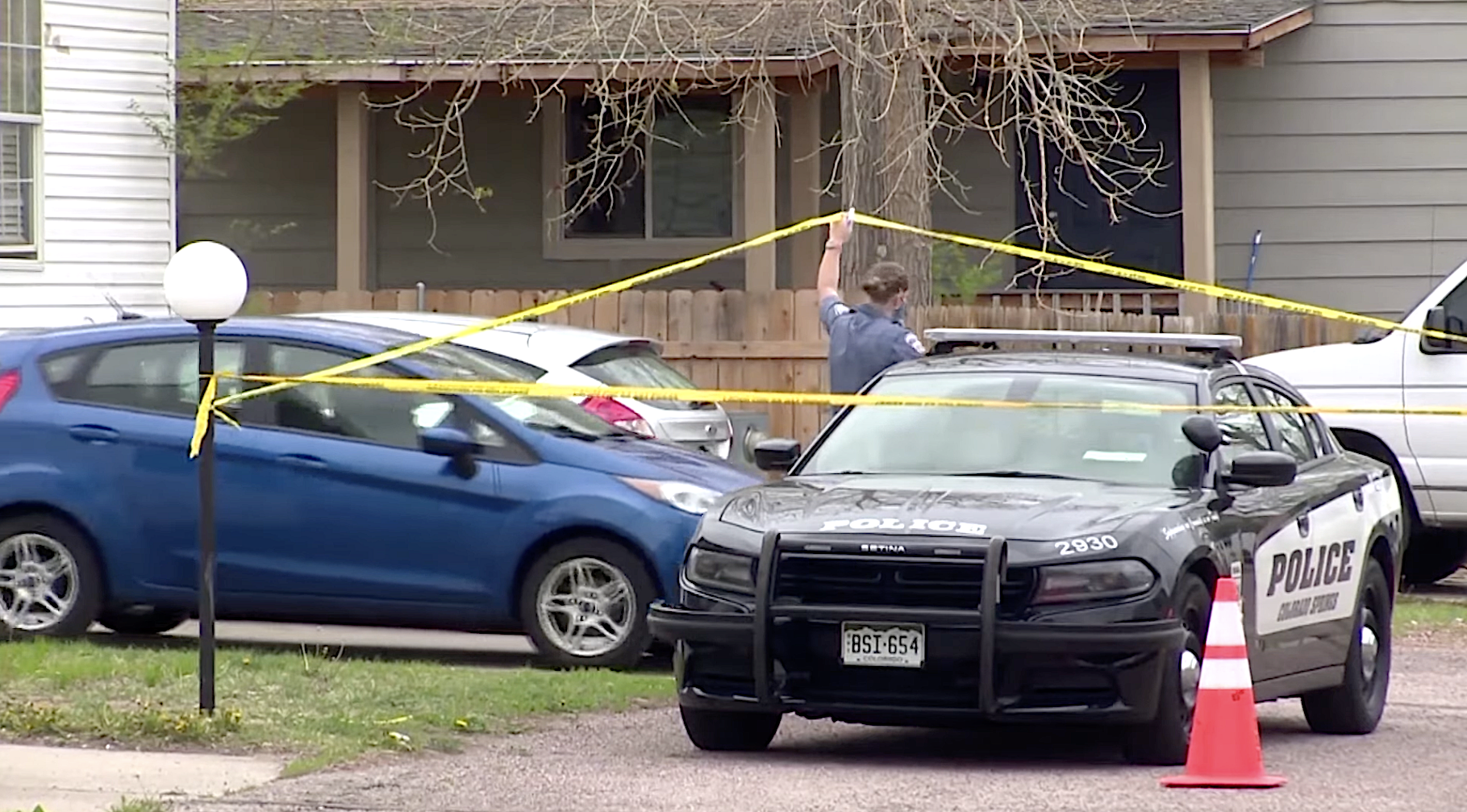 Gunman kills 6, himself at Colorado Springs birthday party
Gunman kills 6, himself at Colorado Springs birthday partySpeed Read
-
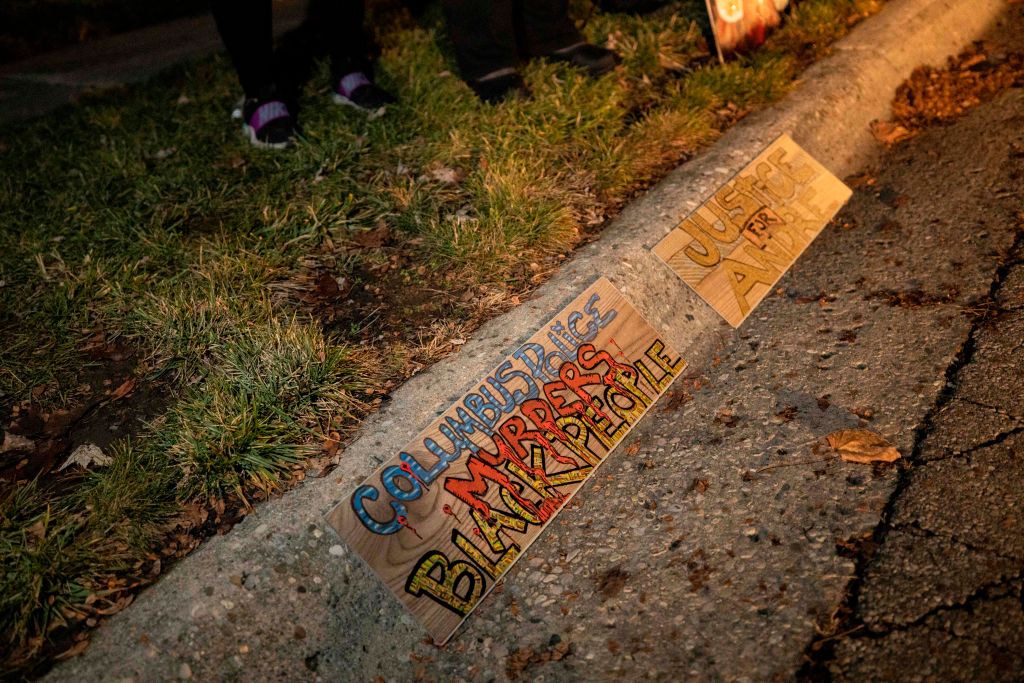 Columbus police fatally shoots Ma'Khia Bryant, 16, quickly releases body-cam footage
Columbus police fatally shoots Ma'Khia Bryant, 16, quickly releases body-cam footageSpeed Read
-
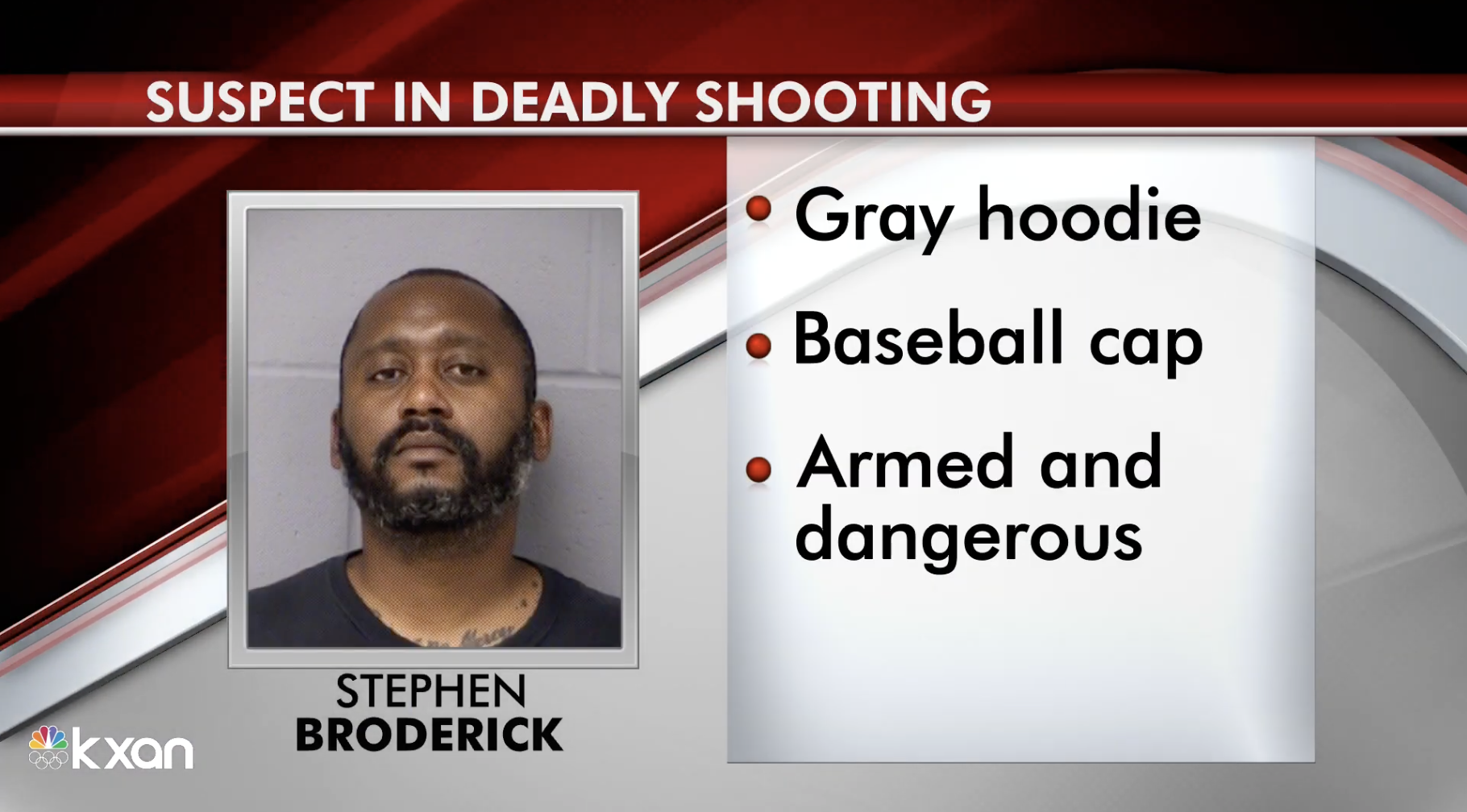 Austin police, feds searching for ex-sheriff's deputy accused of killing 3, in Sunday's 2nd mass shooting
Austin police, feds searching for ex-sheriff's deputy accused of killing 3, in Sunday's 2nd mass shootingSpeed Read
-
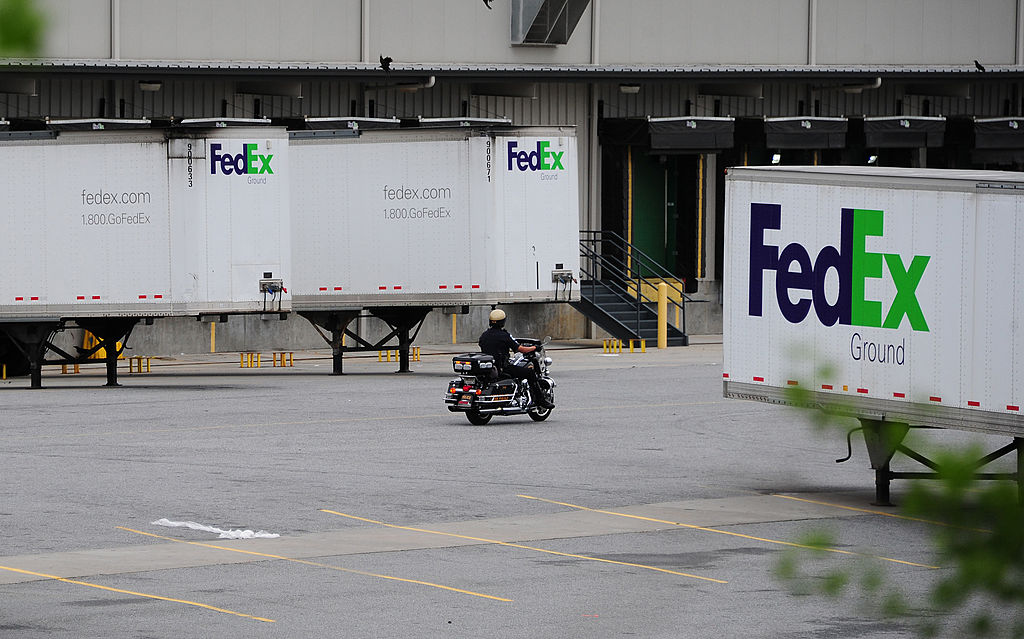 At least 8 dead in Indianapolis FedEx shooting
At least 8 dead in Indianapolis FedEx shootingSpeed Read
-
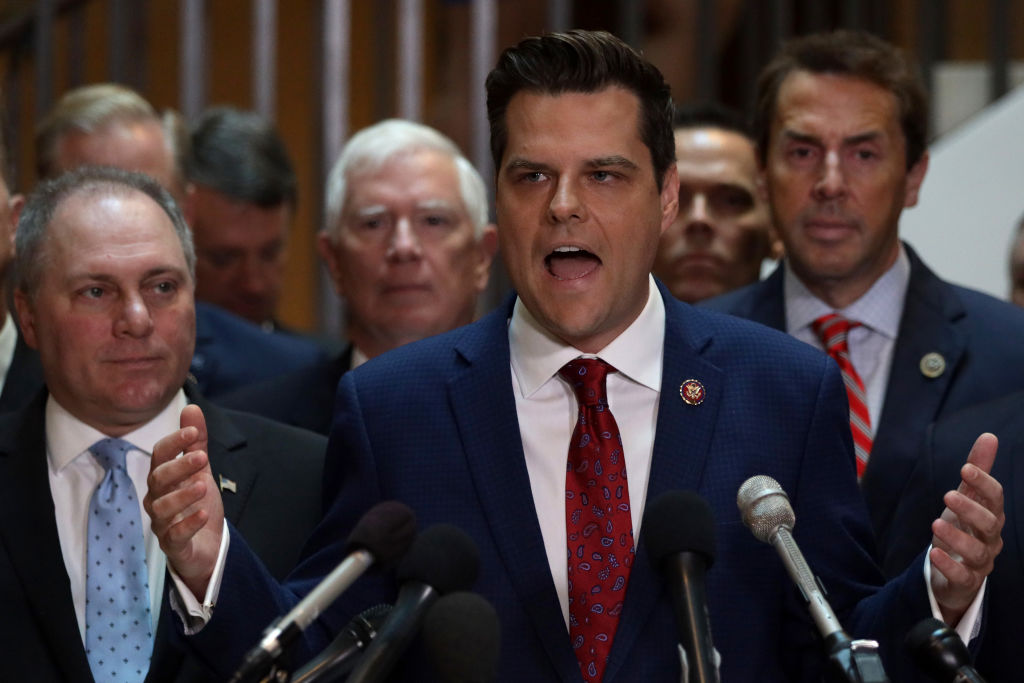 Scalise says GOP will 'take action' on Gaetz if DOJ moves ahead with 'formal' case
Scalise says GOP will 'take action' on Gaetz if DOJ moves ahead with 'formal' caseSpeed Read
-
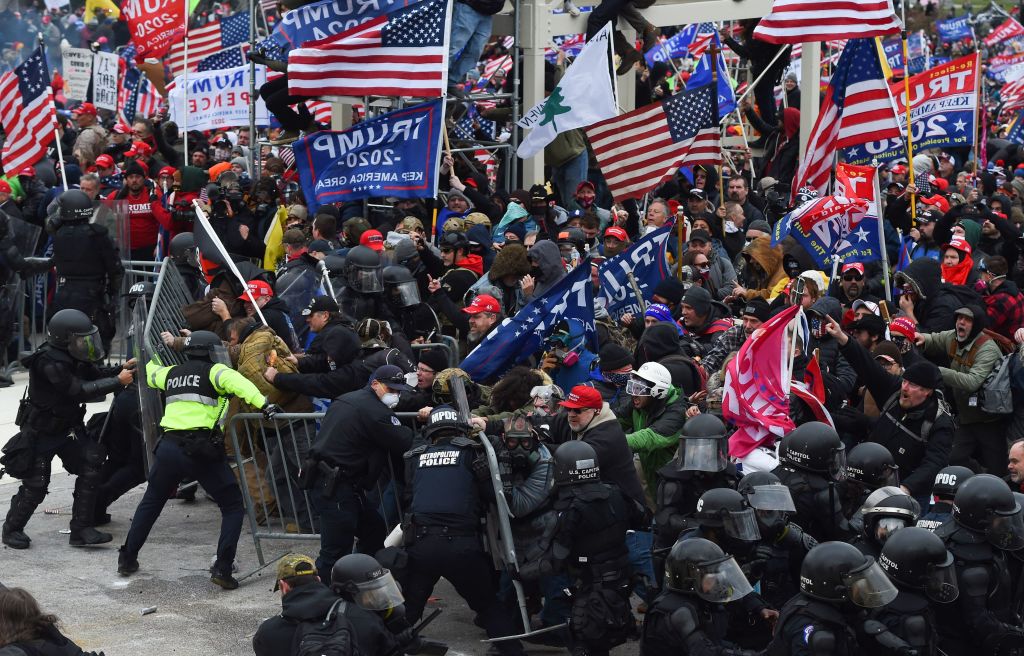 Watchdog report: Capitol Police knew about potential for violence on Jan. 6, but held back
Watchdog report: Capitol Police knew about potential for violence on Jan. 6, but held backSpeed Read
-
 Former classmate arrested in 1996 disappearance of college student Kristin Smart
Former classmate arrested in 1996 disappearance of college student Kristin SmartSpeed Read
-
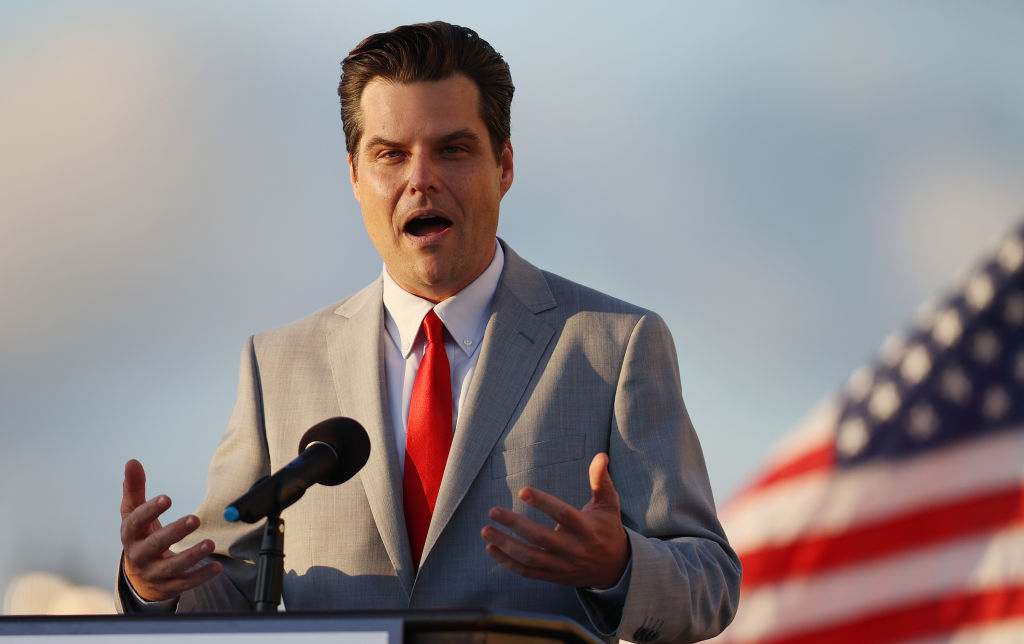 Report: Gaetz associate has been cooperating with federal investigators since last year
Report: Gaetz associate has been cooperating with federal investigators since last yearSpeed Read